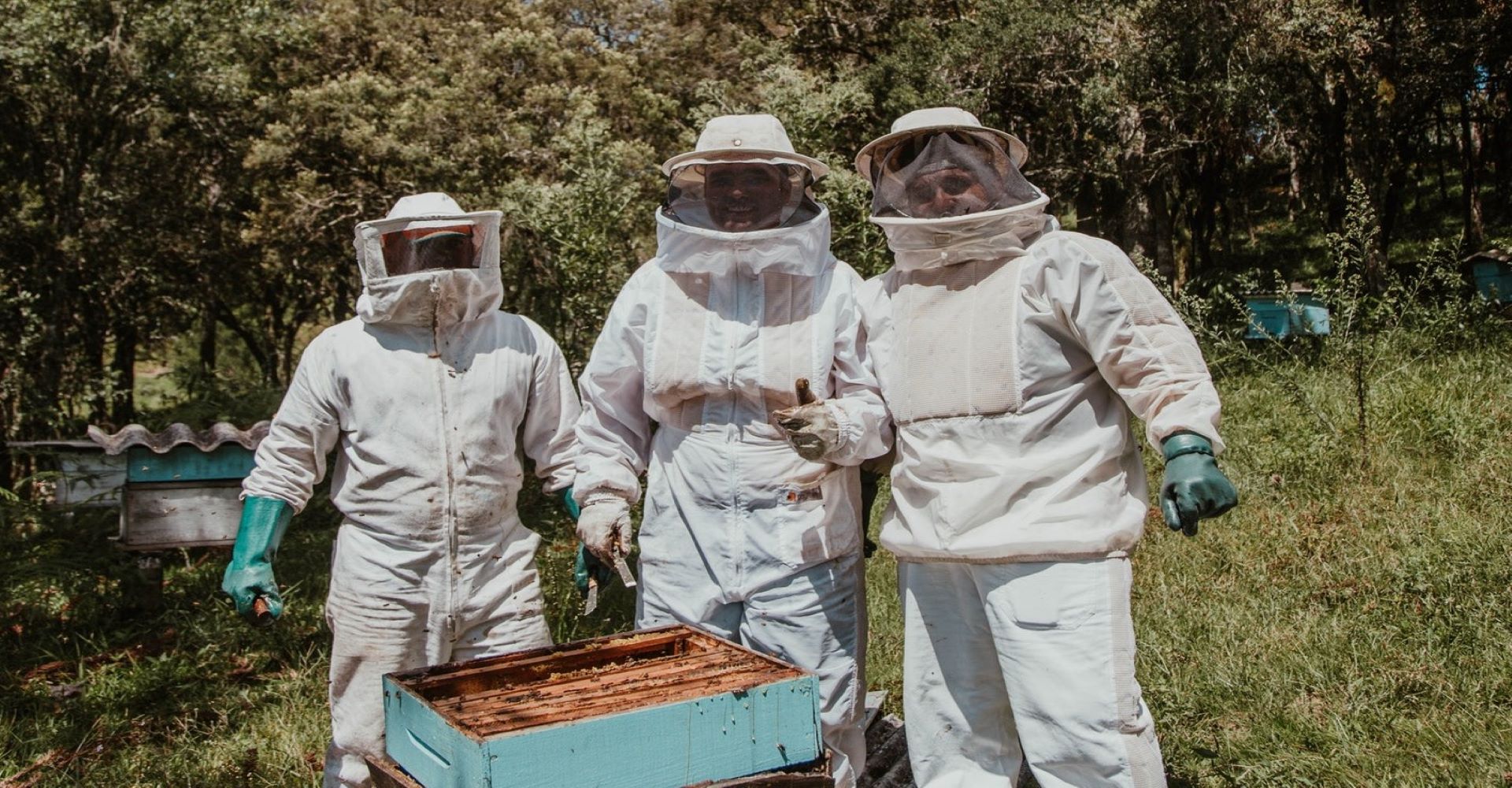5 Big Takeaways from Viticus Group's COVID-19 Veterinary Summit
On March 23, eleven veterinary leaders gathered and collaborated during an online summit organized by Viticus Group to inform the veterinary...
3 min read
Abby Crimm : July 1, 2020 11:54:03 AM PDT

We all know there’s a dark side to social media, but maybe we don’t realize the extent of the damage and hurt that is going on in the veterinary community due to cyberbullies. Cyberbullies don’t have to win, though.
It usually starts with a negative experience or an unfortunate outcome with a patient. It turns into nasty phone calls, awful comments online, and even false reports attacking your character and motives. When these things start directly affecting your business, the stress compounds.
Cyberbullying has been a serious problem in veterinary medicine for years. Approximately 1 in 5 veterinarians surveyed by the AVMA in their 2014 study reported that they had been victims or knew colleagues who had been victims of cyberbullying. Think about how people have used social media as a weapon increasingly since 2014. We’ve all seen the power of a smear campaign or of “cancel culture.” People have lost their jobs for less, not to mention cyberbullying’s probable contribution to the astonishingly high suicide rate of veterinary professionals compared to the general population.
The COVID-19 pandemic, in some cases, has exacerbated the cyberbullying problem as practices implement restrictions and safety precautions that include things like not allowing clients into the practice. Disgruntled clients who take these precautions personally can turn to social media to vent and make life even more difficult for veterinary professionals than it already is.
We’ve been talking about the problem of suicide, depression, and anxiety within our community for a long time, but what actions can we take? Taken from online cyberbullying resources and veterinarians who have experienced it for themselves, here’s a list of proactive things you can do to handle situations ranging from a negative online review to a full-on smear campaign.
Just as all businesses should have a crisis communication plan, your practice should have pre-prepared written position statements on various controversial issues and procedures. Use them to respond quickly and accurately to an online comment or phone call. You could even include these position statements and other client education materials on your website for clients and employees to refer to.
Make sure these communications are always polite and professional, making sure to avoid discussing private patient information in an individual case in any public forum. See more tips about social media communications here.
Monitoring services like Google Alerts or Mention can search the internet for mentions of you or your practice, whether it’s positive or negative. You can choose to get alerted through daily emails about what people are saying about your practice and your staff.
It’s also a good idea to monitor your social media pages for comments and posts, and respond as often as you are able. If serious accusations arise, you can handle them quickly and get others involved early so you’re not facing the situation alone.
There are plenty of possible motives for someone to target a veterinarian or a practice. Sometimes it’s just a client in grief who needed an outlet for that grief. In most of these cases, talking to them privately will solve the issue and even keep them as a returning client.
Others see themselves as activists fighting for a noble cause in an organized attack against a perceived enemy. Those cases call for much more mental toughness, support, and determination to not let the bullies get the best of you, especially when their tactics involve intimidation, threats, and false accusations.
Many veterinarians who were a target for activist cyberbullying, such as Dr. Andy Roark, didn’t realize how common this problem is. Know you’re not alone! In Dr. Roark’s case, he even agrees with the group’s stance on the issue, but the group decided to use scare and harassment tactics to get him to publicly shame veterinarians who disagree.
As a veterinary community, we must continue to support each other and not give in to groups such as these. Decide now that methods can be just as important as the cause.
Lastly, if you are being bullied, know YOU ARE NOT ALONE and don’t face your bullies alone. The AVMA, AAHA, and AAFP all have resources available to support veterinarians in these tough situations. Reach out to them at publicrelations@aaha.org or reportcyberbullying@avma.org.
Visit Viticus Group's COVID-19 in Veterinary Practice webpage to get more news, updates, resources, and blogs about the novel virus.
Subscribe to our YouTube channel or check out our Resource Library full of great podcasts, videos, and digital downloads!
Disclaimer
Content may contain advertising and sponsorships. Advertisers and sponsors are responsible for ensuring that material submitted for inclusion is accurate and complies with applicable laws. We are not responsible for the illegality of any error, inaccuracy, or problem in the advertiser’s or sponsor’s materials.
Advertising material and/or opinions are not are not a reflection on Viticus Group.

On March 23, eleven veterinary leaders gathered and collaborated during an online summit organized by Viticus Group to inform the veterinary...

We'd be in real trouble without pollinators, and it's veterinary medicine's job to take care of them. How can veterinary professionals do their...

3 min read
Developments and discoveries in veterinary medicine haven't halted during the months of the COVID-19 pandemic. Find out where you can get the latest...